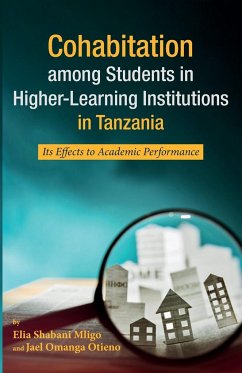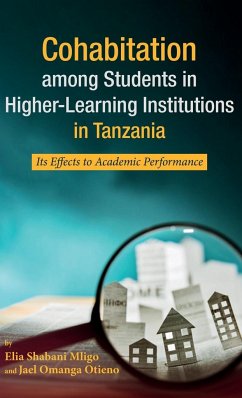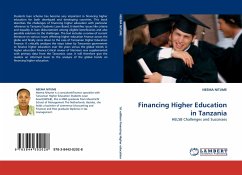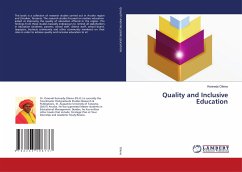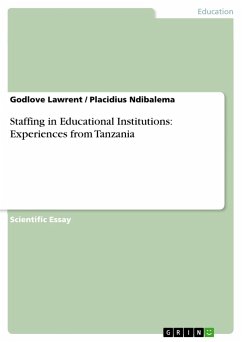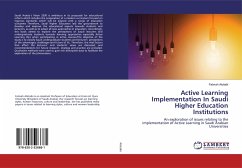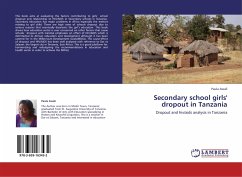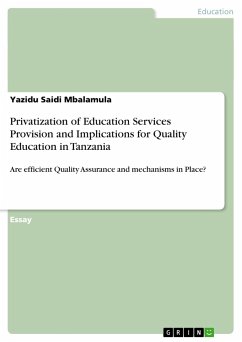Colleges and universities have been meeting places of students for the sake of studies all over the world. As students transcend from secondary level education to tertiary level, the degree of freedom increases; they become free to live the style of life they choose. This freedom is mainly caused by their advance in age--from childhood to youth ages. Cohabitation is one of the styles of life that students in most higher-learning institutions choose to live. However, cohabitation is not the style of life that emerges in the recent time. In the industrialized world, for example, cohabitation among youth started a long time ago. By the 1970s and 1980s its rate increased greatly due to secularization and increase in freedom. Being aware of this growing trend in cohabitation, this book surveys the extent of cohabitation among students in higher-learning institutions in Tanzania and how it affects the academic performance of the cohabiting partners. It means that the book assesses both positive and negative effects for this style of life among the surveyed students. Therefore, this book is important to both university and college students so that they can be aware of the positive and negative effects of cohabitation, especially in terms of academic performance.
Bitte wählen Sie Ihr Anliegen aus.
Rechnungen
Retourenschein anfordern
Bestellstatus
Storno

